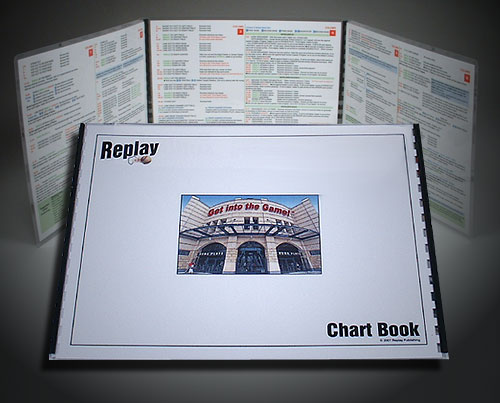
And then I figured I might as well finish the whole thing just to learn why Jeff keeps replaying parts of his life. Just as I was starting to lose all hope, there was a glimmer a couple of hours in that made me hang on a bit longer. Replay has been an inspiration to me on some levels, a cautionary horror story on others.For the first time in a while, I actually regret sticking out this book instead of DNF-ing it. There aren't many books that I have this kind of relationship with. He's one of those rare authors who immerse you in their fictional world to the point where you wonder if they've experienced this world. It's the human element in the book that speaks to me - the 'what if's and possibilities that Grimwood explores. Maybe I'm at an age when I can appreciate the contrast between a young and optimistic me and the current, older model complete with regrets and sometimes jaded by the events in my life. For all the requisite science-fiction elements, it's the passage of time and its effect on people. Replay is a time travel story that reflects lifetimes of opportunity and regret. Rather than be disturbed by what's ahead of him, Jeff embraces the fact that all bets are off.įor me, Ken Grimwood created a masterpiece of modern fiction. (I'm not middle aged yet, by the way!) Isn't that what happens when Jeff stops replaying and starts living the rest of his life? The certainty of the replays is replaced by the uncertainty of the future. But surely the message of Replay is that even in middle age, we still have options. These things sometimes become eroded by the simple process of living. I think perhaps we all look backward to a 'golden era', defined by innocence and optimism. He makes sure his wife is comfortably off, but leaves her - with the wisdom that to continue the cold war between them will slowly destroy both of them. In later replays, Jeff walks away from his tepid marriage, knowing that there's nothing he can change. The universal truth is that we don't replay, so in life we shouldn't put up with situations where we're patently unhappy or dissatisfied. The message that I'm interpreting from this book - certainly from the ending - is that we don't have the luxury of rewriting our past lives or living them differently.

We don't all have the luxury of stripping back twenty years' worth of life and starting again.
Like listening to Pink Floyd's Time and thinking that you really were "ticking away the moments that make up a dull day". I panicked a lot at the notion that any moment of my one-life was a mis-step or a mistake. When I first read it, I remember being dismayed by the endless opportunity that Jeff Winston faced in replaying his life. For me, Replay is perhaps one of the most fascinating books I've ever read.


 0 kommentar(er)
0 kommentar(er)
